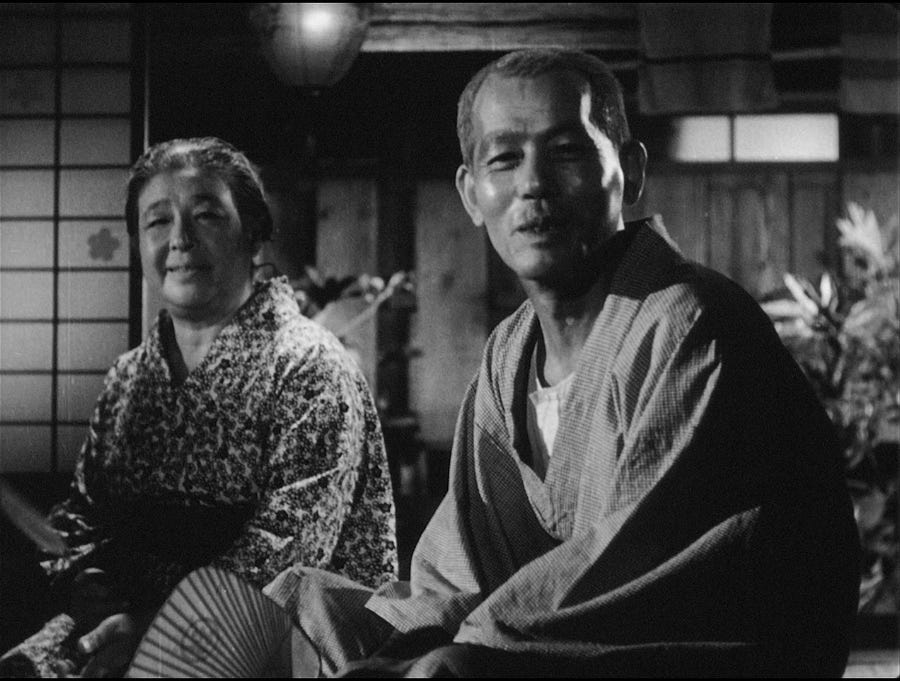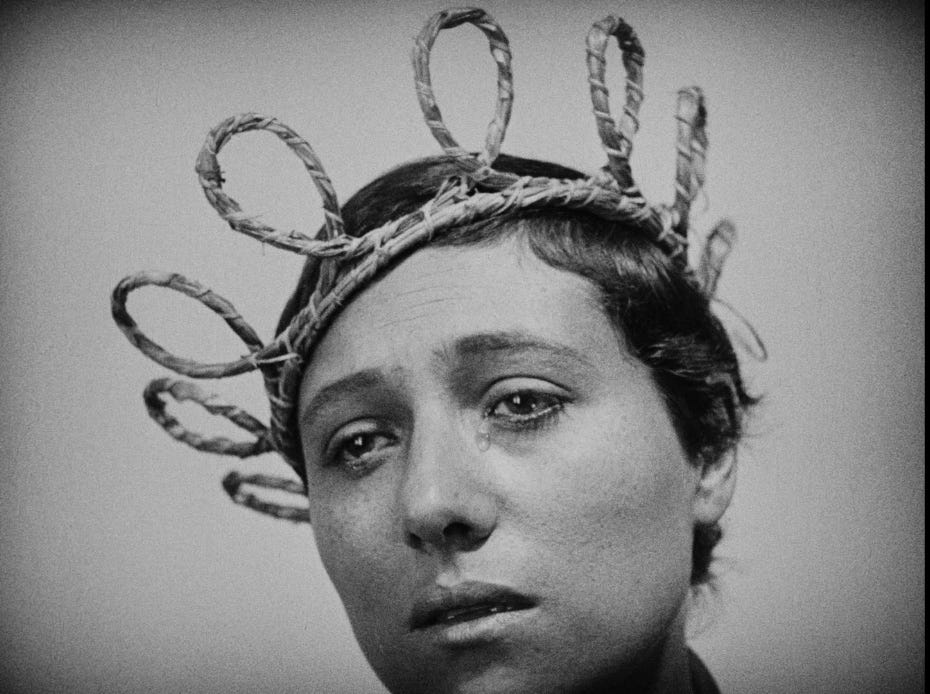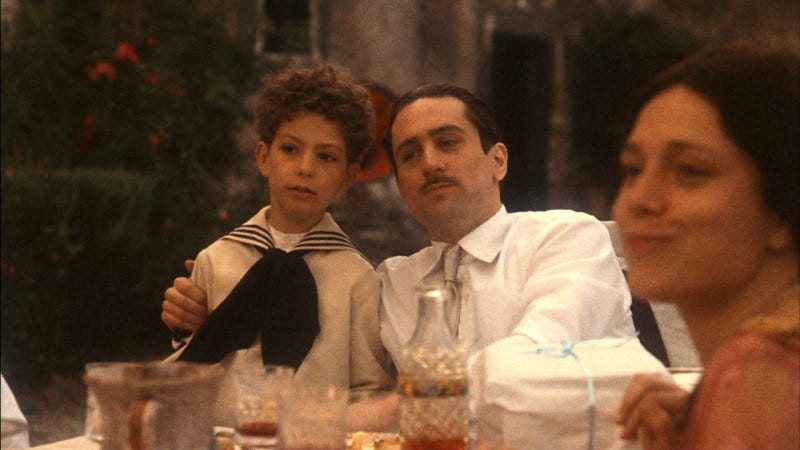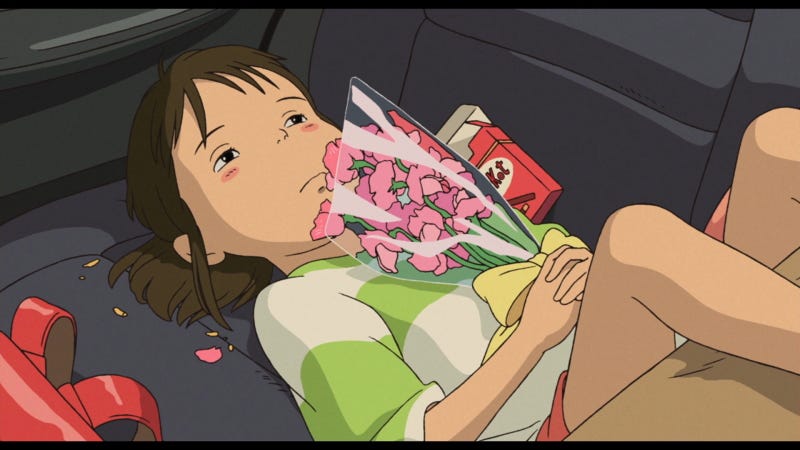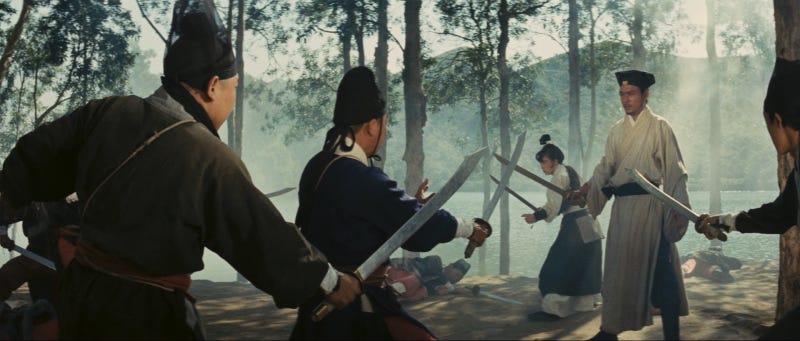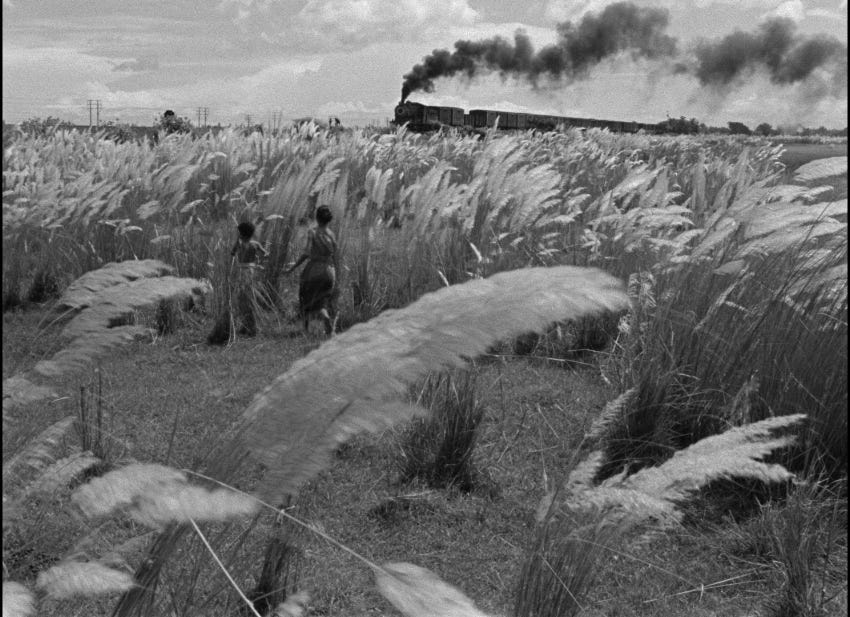If I Had a Sight and Sound Ballot
My Picks for the 10 Greatest Films of All Time
Every ten years, the British film magazine Sight and Sound conducts a poll of prominent critics and academics to determine what are the ‘Greatest Films of All Time.’ It is the most notable and prestigious version of this list, the place where Orson Welles’ Citizen Kane cemented its reputation over the decades as the most commonly cited ‘greatest film,’ and where its dethroning by Alfred Hitchcock’s Vertigo in the 2012 edition became big news (that was a ridiculous result – Citizen Kane is emphatically the better movie). With ten years having passed since the last edition, we’re on the cusp of getting the 2022 version of the list, with results expected in late November.
I haven’t been asked to participate this time – maybe in 2032, with this whole doctorate thing wrapped up, I’ll be in the running! – but I’ve always wanted to take a stab at the intellectual exercise of naming what I think are the ‘greatest films of all time.’ It’s a tough task – very different, I think, from saying what one’s ‘favorite’ films are. That’s relatively easy; everybody has favorite movies, and you only need to justify them by saying how they’ve spoken to you, personally. Identifying the greatest movies ever, in a critical and historical sense, is a different exercise altogether. I don’t think I would have felt remotely qualified to even attempt an answer until relatively recently; but having crossed into my 30s and nearing completion on my PhD in film studies, I think I can provide an answer with a reasonable degree of experience and authority, using the knowledge gathered from a decade as a film academic and two decades as a film critic to try putting my finger on what I would call the ‘best’ movies ever made.
Of course, taste and personal preference is still involved – that’s a given. There is no escaping subjectivity in an exercise like this, and one shouldn’t shy away from admitting that. My list is heavy on Japanese and other East Asian films because that’s where my scholarly experience lies (just as the actual Sight & Sound poll is perennially Euro-centric, because that’s where most of the critics and scholars they invite have done the most work). And of course, there are films I can intellectually admit are quite accomplished – like Godard’s Contempt – that I can’t bring myself to include because I personally have no enthusiasm for them.
Still, I want to stress that this is a different list, with a different intent, than my ‘favorite films of all time,’ which I most recently compiled in 2020. I still like that list and would make only small changes (it needs a Wong Kar-wai film in the ranks), but as you’ll see, the Top 10 I’ve selected here is very different. There’s some overlap, but I’ve also gone in a different direction in some places, choosing different films by the same directors or highlighting parts of the world I didn’t on my ‘favorites’ list. The question and guiding principle for me in compiling this list wasn’t “what films do I enjoy the most” or “what films mean the most to me,” but “what films, in a critical and academic sense, do I think are the most accomplished – formally, narratively, in terms of historical import, etc.?” And that results in a list with a very different flavor.
To this end, I’ve compiled both an unranked, alphabetically ordered Top 100 list, and a ranked Top 10, the latter being what I would submit if I had a Sight and Sound ballot. I like both of these lists, though I find the scope and variety of the Top 100 more exciting. The Top 10 is narrower, obviously, and involved plenty of difficult cuts, but I’m surprisingly happy with it. I look at it, and I think I can honestly say this is a good representation of my critical tastes and experience, distilled into the 10 films I’ve encountered that I would call the ‘greatest.’
A few ground rules: I’ve chosen to limit this list to only feature-length films, not because there aren’t plenty of shorts that deserve to be here, but because comparing a 3-hour epic like The Godfather to a 60-second rapture like Stan Brakhage’s Night Music is too much of a headache. More importantly, I’ve limited my choices to one film per director. This is not a rule Sight & Sound follows, but is a limitation I’ve set to encourage variety – otherwise I’d be including huge chunks of the filmographies of directors like David Lynch, Hayao Miyazaki, Terence Malick, Akira Kurosawa, Yasujiro Ozu, and other favorites, and missing out on the broader scope of cinema. That means there’s some absolutely brutal cuts here – you won’t find Seven Samurai or The Tree of Life, for instance, even though they’re innermost-circle favorites for me, because I’ve chosen other films by those directors for this exercise – but in the end I think it’s for the best. In that sense, you can also treat this list as a compilation of the 100 greatest directors, though the results might look different if I specifically constructed things from that vantage.
All right then. For now, let’s take a look at the Top 10. Tomorrow, I’ll be back with a ‘Part 2,’ where I explain the choices and share the complete Top 100 version of the list, with what I consider the 100 greatest films of all time. For now, I’ll let the titles and pictures speak for themselves. See you on the other side.




